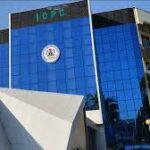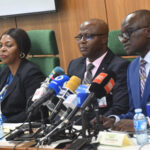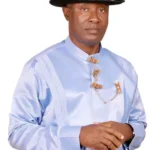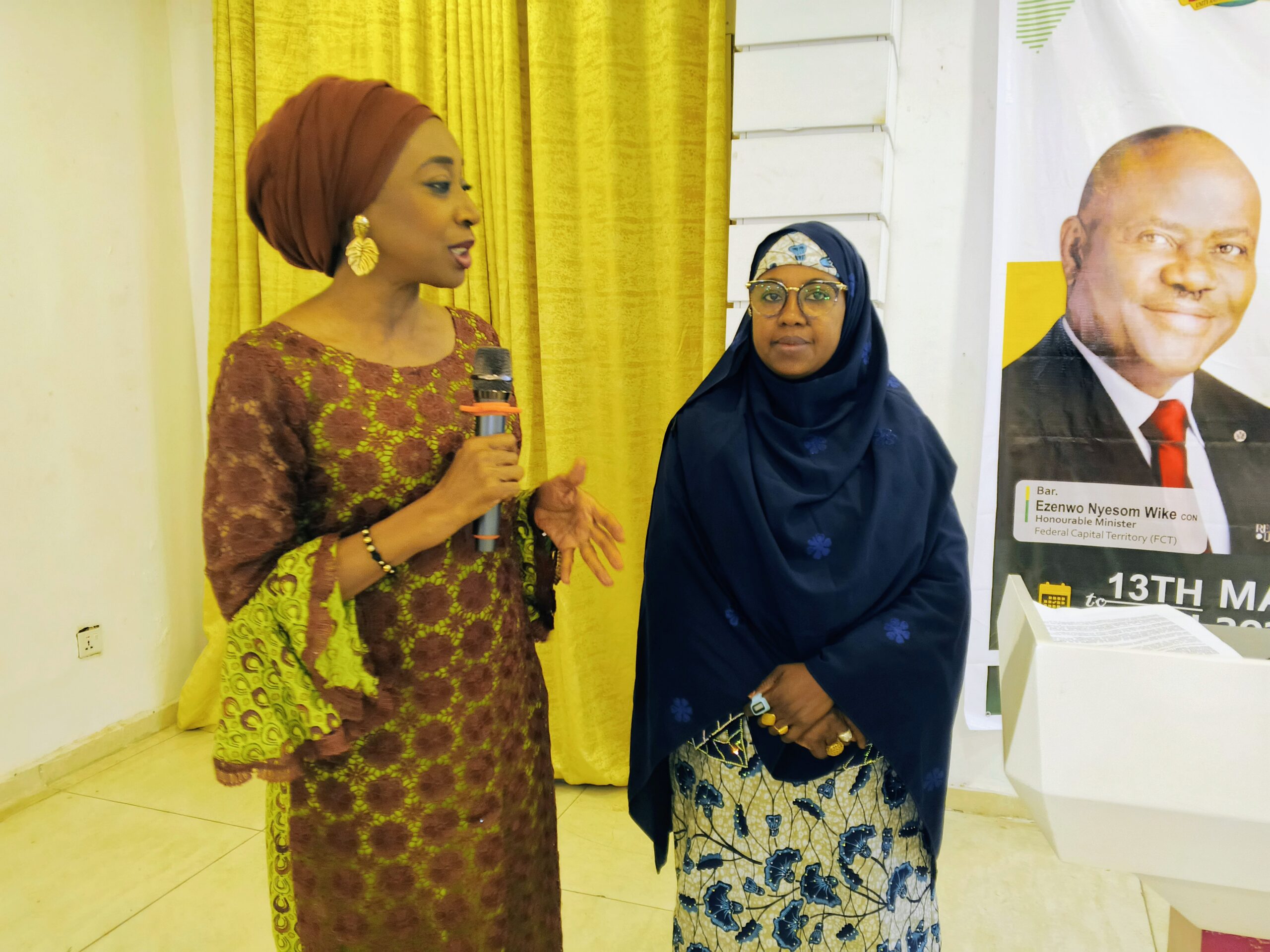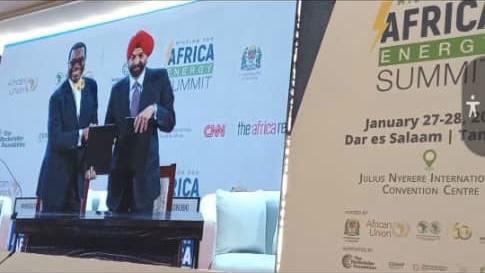FCTA building inclusive, accessible territory for PwDs
By Philip Yatai The Federal Capital Territory Administration (FCTA) with support from the World Bank is building an inclusive and accessible capital territory with equal opportunities for Persons with Disabilities (PwDs). FCT Minister of State, Dr Mariya Mahmoud, stated this in Abuja on Thursday, at the close of a three-dayContinue Reading

